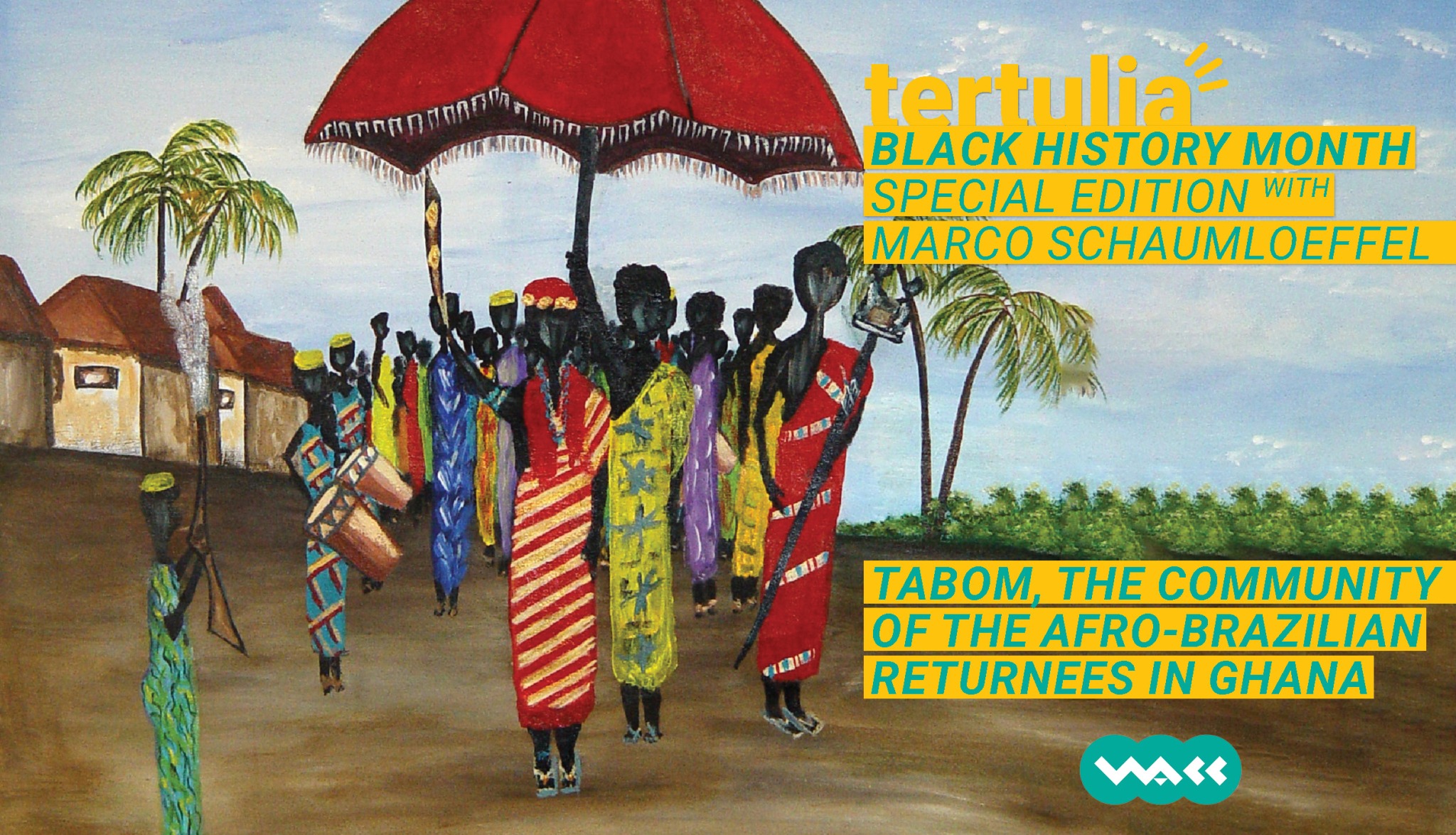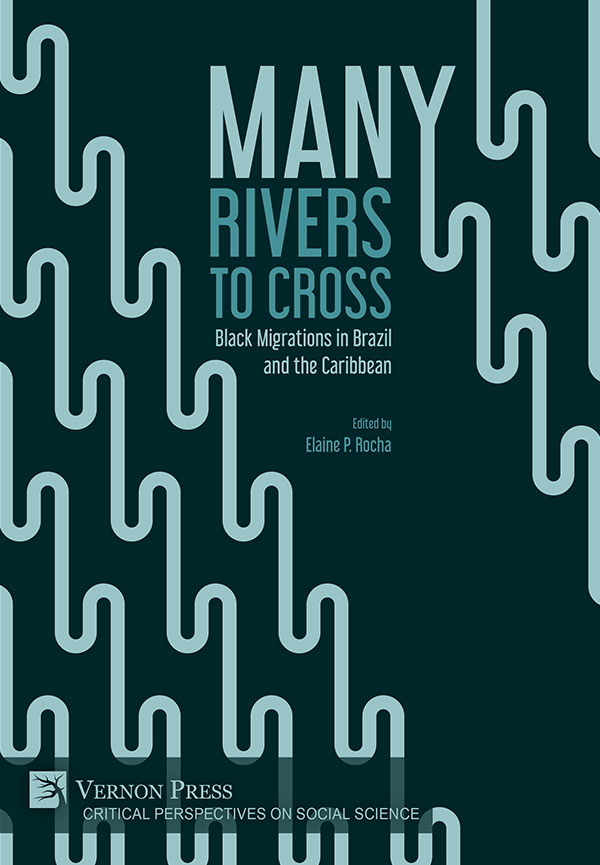Black History Month Special Edition Tertulia with Marco Schaumloeffel “Tabom, the community of the Afro-Brazilian returnees in Ghana”.

Join us to this special edition Tertulia celebrating the Black History Month with UBC’s professor Marco Schaumloeffel on the Tabom people’s return to Ghana on Thursday, February 29, at 6:30 pm at the Britannia Community Centre Services (Conference Room).
Discover the rich history of this unique community on a exploration of their ties to Brazil and integration into Ghana today.
The Tabom returned to Ghana from Bahia between 1829 – 1836 and are a culturally fascinating case of reverse diaspora. This presentation and conversation will be about their history, their links to Brazil and how these Brazilians, as they call themselves, are organised and live today integrated into the Ga people in Ghana.
Date: Thursday, February 29
Time: 6:30 – 8:00 pm
Location: Conference Room (Britannia Community Services Centre) 1661 Napier St, Vancouver, BC V5L 4X4
This is a FREE event, but registrations are required. Register
The well-known and recently deceased Africanist, diplomat and member of the Brazilian Academy of Letters Alberto Costa e Silva referred the following way to one of the presenter’s publications related to the Tabom: “This book seems to be small, but has many doors, as if it were a mansion. They lead to several and different sceneries and let us see, first, in tailcoat and top-hat, and later wrapped in a beautiful kenté cloth, the human beings who filled them and whose stories the Tabom of today repeat by heart. If in its pages we learnt a lot about the Tabom People, thanks to the accuracy and the intelligence with which Marco A. Schaumloeffel listened and read, they demand from us, that we learn more.”
Short bio
Marco A. Schaumloeffel holds a Master;s degree in Linguistics from the Universidade Federal do Paraná, Brazil, and a PhD in Lingustics from the University of the West Indies, where he studied the creole languages of the Caribbean. He is an Associate Lecturer at the University of British Columbia. Previously, he was lecturer for Portuguese and German at the Barbados Community, Lecturer of Brazilian Studies at the University of the West Indies in Barbados, and he worked at the University of Ghana, teaching Portuguese and Brazilian Culture.
He is the author of the book Tabom – The Afro-Brazilian Community of Ghana about the history of the Afro-Brazilians who returned to Africa after abolition. In addition, he published several articles and chapters of books dealing with Linguistics, Creole languages, especially about Papiamentu and Papiá Kristang, German dialectology in Brazil, Hunsrückisch, teaching foreign languages and Afro-Brazilians returnees to West Africa.
